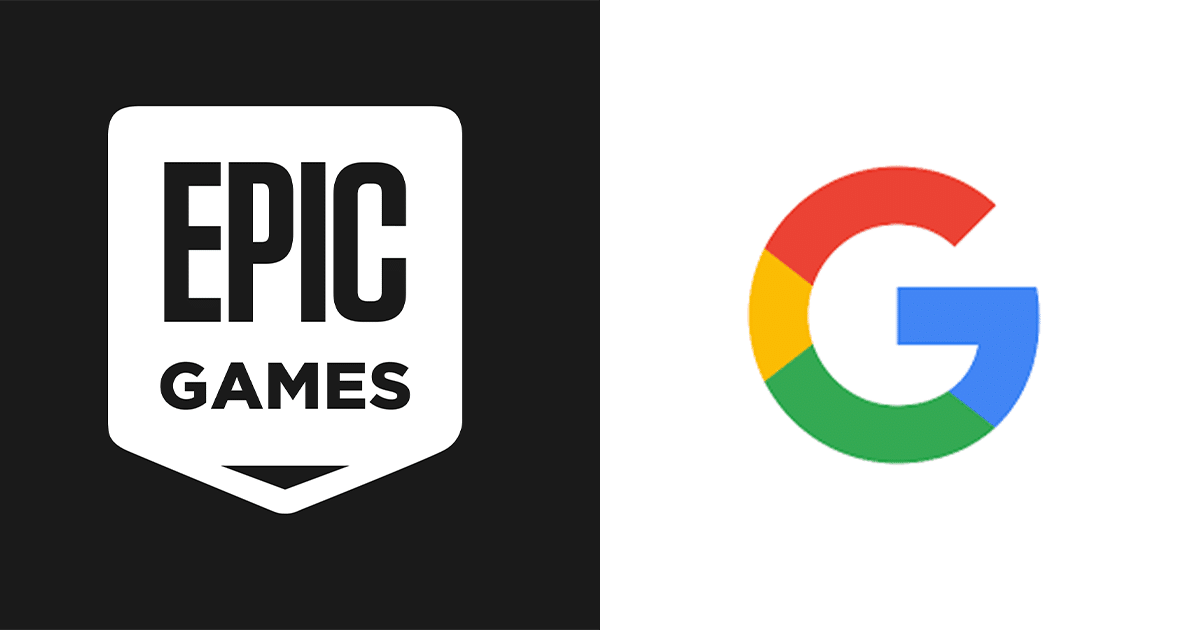In a landmark decision, a jury in San Francisco has ruled in favor of Epic Games in their antitrust lawsuit against Google. The jury found that Google’s practices in the Google Play Store were anti-competitive and harmed both developers and consumers.

Epic Games had accused Google of taking a 30% cut of all in-app purchases
Epic Games has filed lawsuits against Google over concerns regarding the app store monopoly. The company argues that Google is exploiting its dominant position in the mobile app market by compelling developers to use their payment systems and charging a 30% commission on all in-app purchases. They claim that this practice hinders competition, stifles innovation, and ultimately harms consumers.

The jury has ruled in favor of Epic Games in the case against Google, finding them guilty on all counts. The jury determined that Google’s dominance over the Google Play Store and Google Play Billing service is a monopoly and gives them excessive control over the Android app market. They were particularly unhappy with Google’s use of this power to:
- Force developers to use their payment system: This meant developers had to pay Google a whopping 30% cut of their in-app purchases, even if they wanted to use a different system.
- Charge developers a hefty 30% commission fee: This took a big chunk out of developers’ pockets, ultimately leading to higher prices for us consumers.
- Prevent developers from offering alternative payment methods: This limited our choices and made it harder for developers to explore potentially better options.
Epic Games said,
Today’s verdict is a win for all app developers and consumers around the world. It proves that Google’s app store practices are illegal and they abuse their monopoly to extract exorbitant fees, stifle competition and reduce innovation.
What could happen next?
Now, the judge will decide how to best address Google’s monopoly and its anti-competitive behavior. Here are some possibilities:
- Open the door to alternative payment methods: This would give developers more freedom and encourage competition, potentially leading to lower fees for everyone.
- Reduce Google Play Billing fees: This would directly benefit developers and could mean lower prices for apps and in-app purchases.
- Restructure the Play Store: This could involve breaking it up into separate parts, introducing more competition, or creating a more open platform for app distribution.
Of course, this is just the beginning. The legal battle is far from over, and Google will likely appeal the decision. But one thing’s for sure: the Epic Games v. Google lawsuit has been a game changer for the app store world. It’s a victory for developers, consumers, and a more open and competitive app ecosystem.
The Epic v. Google victory is particularly significant in light of Epic’s previous defeat against Apple. Two years ago, Judge Yvonne Gonzalez Rogers ruled against Epic in their lawsuit against Apple, stating that the case didn’t have sufficient merit regarding the app store’s impact on users.
This made the recent victory against Google even more impactful, demonstrating that Epic’s fight against app store monopolies is gaining traction and legal recognition.